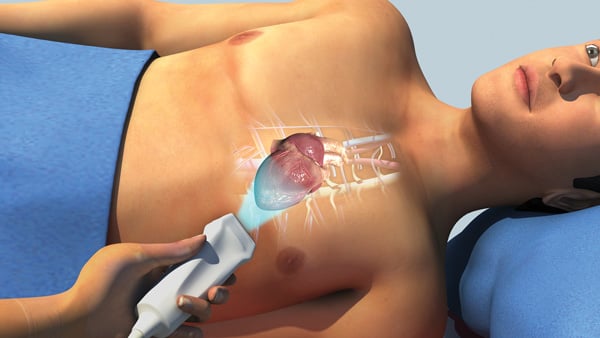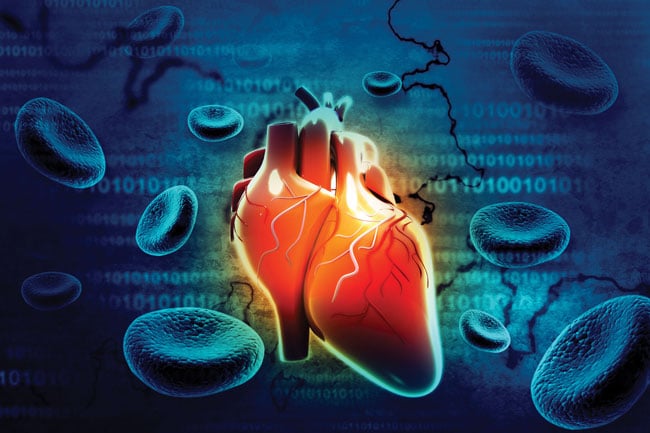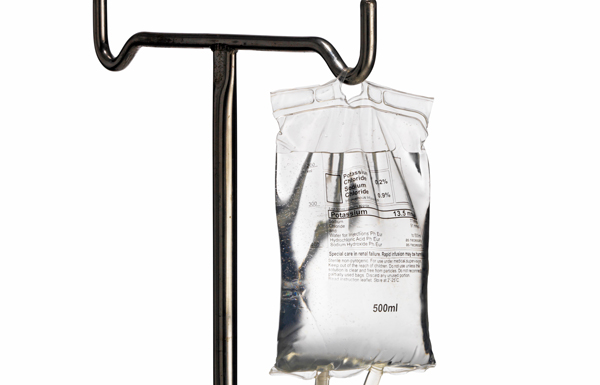The Emergency Medicine Residency at The Mount Sinai Hospital is an extraordinary, well-balanced clinical training that offers a complete training program for tomorrow’s leaders in Emergency Medicine.
Through training at both of Mount Sinai's complementary, high-volume clinical sites our residents graduate prepared to work anywhere. We offer rich opportunities in all areas of Emergency Medicine, along with generous elective time and mentoring from our dedicated faculty, allowing residents to participate in cutting-edge projects.
Our Senior Specialty Tracks, or "mini-fellowships," allow you to develop extra skills and knowledge in an area of interest, setting the foundation for a multidimensional career.
As a result, our graduates consistently obtain sought-after academic, private, and fellowship positions wherever they choose to go after training, including the nation's tightest job markets.



















